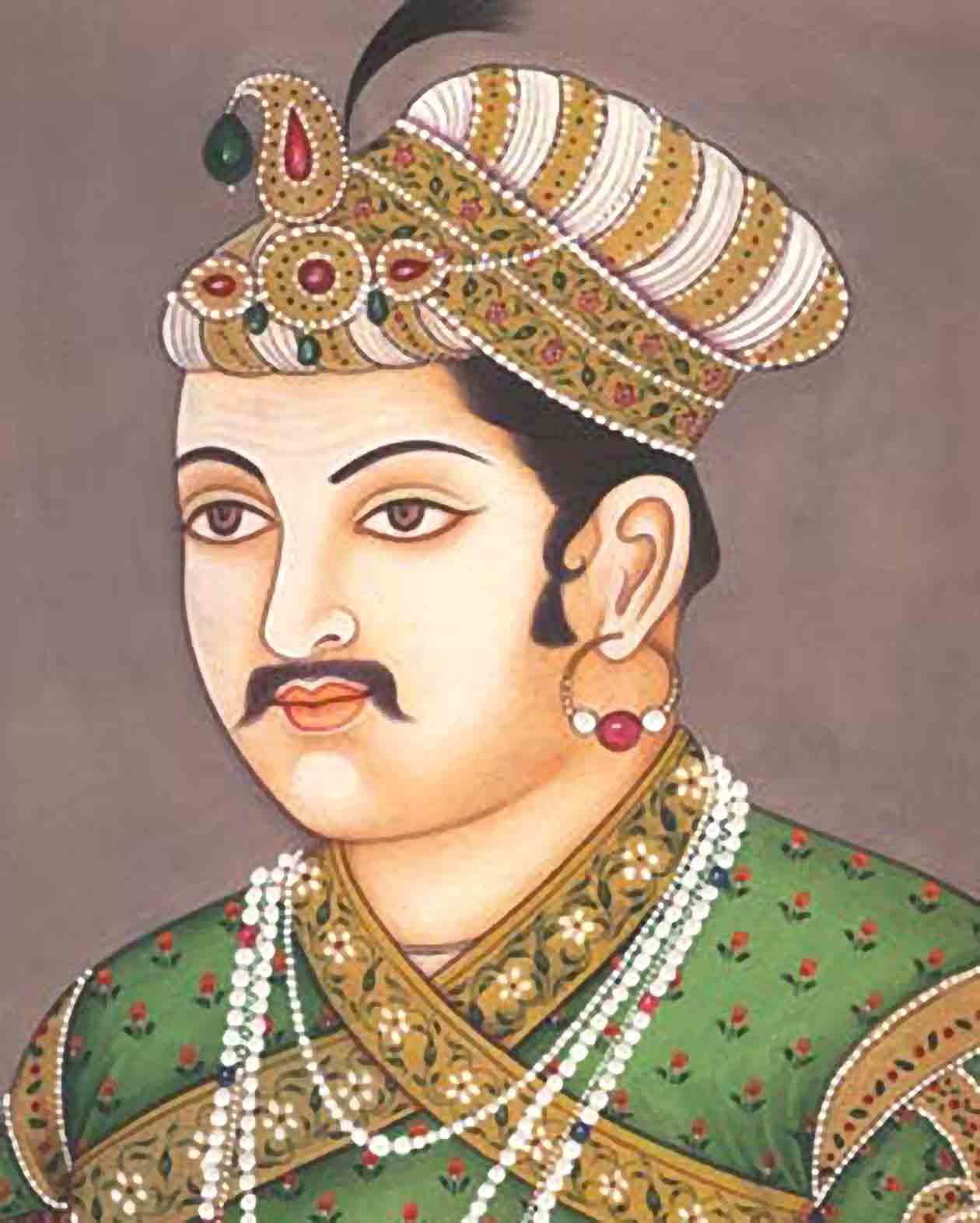Abu'l-Fath Jalal ud-din Muhammad Akbar, known popularly as Akbar ("the great"; 15 October 1542– 27 October 1605), also known as Akbar the Great or Akbar I, was Mughal Emperor from 1556 until his death. He was the third and one of the greatest rulers of the Mughal Dynasty in India. Akbar succeeded his father, Humayun, under a regent, Bairam Khan, who helped the young emperor expand and consolidate Mughal domains in India. A strong personality and a successful general, Akbar gradually enlarged the Mughal Empire to include nearly all of the Indian Subcontinent north of the Godavari river. His power and influence, however, extended over the entire country because of Mughal military, political, cultural, and economic dominance. To unify the vast Mughal state, Akbar established a centralized system of administration throughout his empire and adopted a policy of conciliating conquered rulers through marriage and diplomacy. In order to preserve peace and order in a religiously and culturally diverse empire, he adopted policies that won him the support of his non-Muslim subjects. Eschewing tribal bonds and Islamic state identity, Akbar strived to unite far-flung lands of his realm through loyalty, expressed through a Persianised culture, to himself as an emperor who had near-divine status.
Mughal India developed a strong and stable economy, leading to commercial expansion and greater patronage of culture.
Akbar's reign significantly influenced the course of Indian history. During his rule, the Mughal Empire tripled in size and wealth. He created a powerful military system and instituted effective political and social reforms. By abolishing the sectarian tax on non-Muslims and appointing them to high civil and military posts, he was the first Mughal ruler to win the trust and loyalty of the native subjects. Thus, the foundations for a multicultural empire under Mughal rule were laid during his reign. Akbar was succeeded as emperor by his son, Jahangir.
Mughal India developed a strong and stable economy, leading to commercial expansion and greater patronage of culture.
Akbar's reign significantly influenced the course of Indian history. During his rule, the Mughal Empire tripled in size and wealth. He created a powerful military system and instituted effective political and social reforms. By abolishing the sectarian tax on non-Muslims and appointing them to high civil and military posts, he was the first Mughal ruler to win the trust and loyalty of the native subjects. Thus, the foundations for a multicultural empire under Mughal rule were laid during his reign. Akbar was succeeded as emperor by his son, Jahangir.


0 comments:
Post a Comment